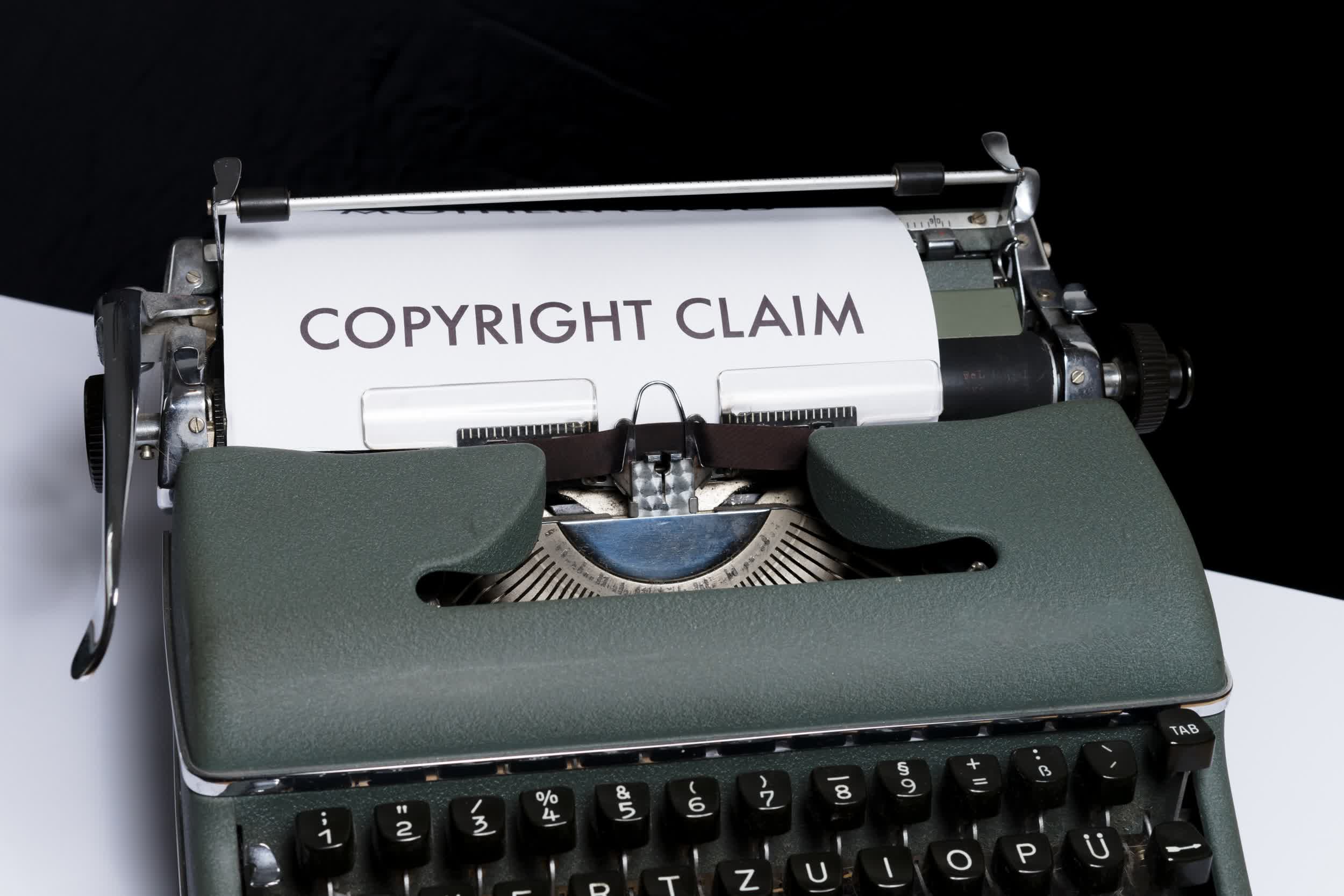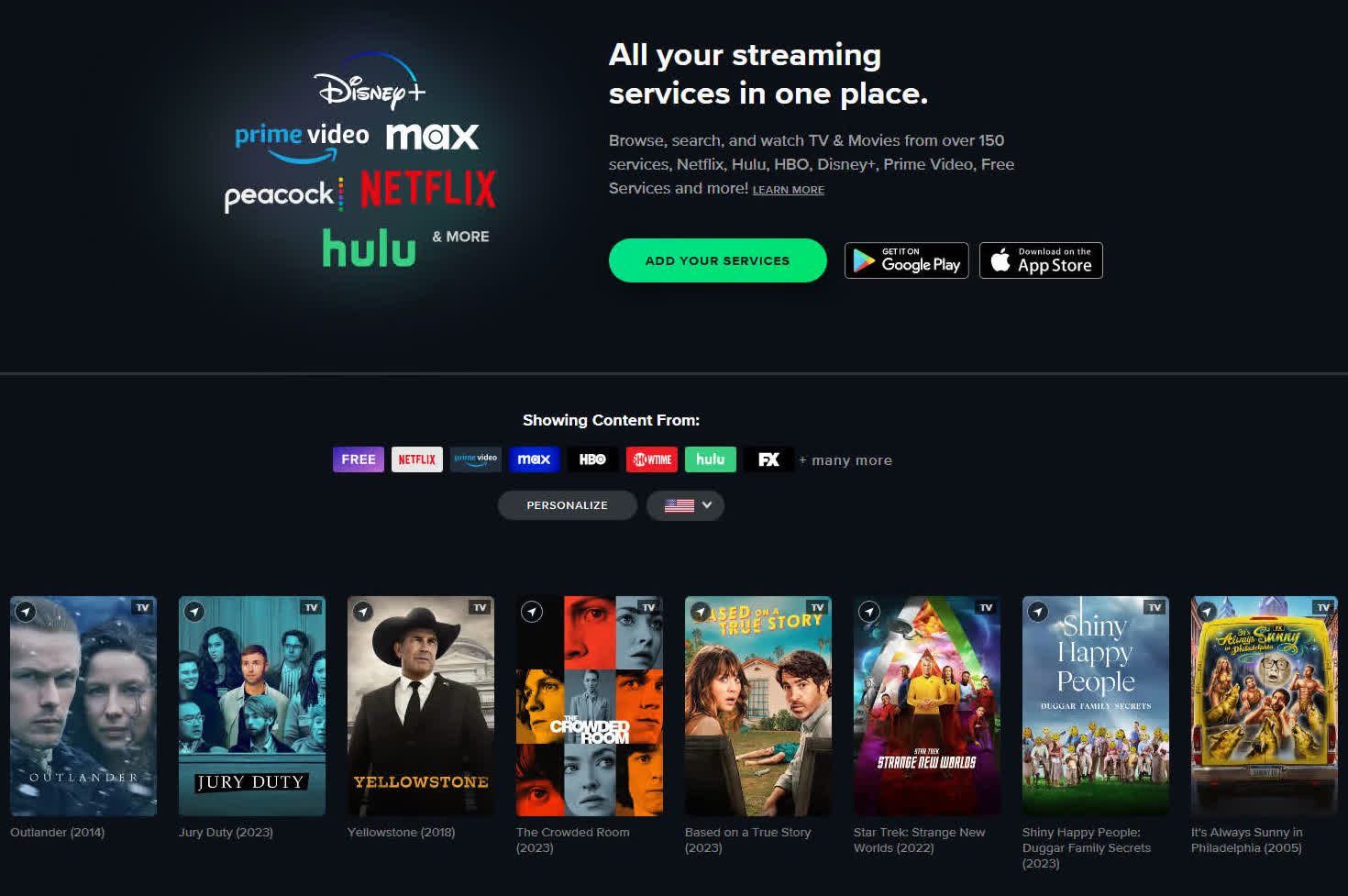In context: Takedown requests are one of the most well-known results of the Digital Millennium Copyright Act (DMCA). The US law designed to protect copyright and DRM online is routinely (ab)used by lawyers and giant corporation to squash pirates, but sometimes the entire process can bring harm to perfectly legal services.

The whole DMCA takedown process is mostly automated now, as law firms can send millions of removal requests per day to Google and other search engines. The idea behind a takedown request is to get a search engine to remove infringing URLs so users won't be able to find and access the corresponding pirated content as easily.
That's the theory, at least. In practice, things can go awry in very unexpected ways. Together with URLs pointing to clearly illegal sites and pirate contents, lawyers often send removal requests for perfectly legal websites. That's exactly what happened in recent cases involving Netflix, Amazon, and streaming search engine Reelgood.
Reelgood lets users browse, search, and watch films and TV shows from over 150 different services in the US and UK, providing a convenient way to aggregate content search. Reelgood doesn't promote any pirate activity, and yet it was targeted as such.

As reported by TorrentFreak, anti-piracy company Marketly – which deals in takedown requests for many "reputable" sources – recently sent two new copyright complaints to Google. The first complaint is on behalf of Netflix, while the second one is for Amazon. The complaints mostly target unlicensed streaming sites, but there are two Reelgood URLs thrown in the mix as well.
Google has removed the seemingly infringing URLs, so that a web search about the two (legal) links won't provide any result. As Mountain View's own transparency report highlights, in the past few years the reelgood.com domain has been target several times with takedown requests from Netflix, Horrid Henry, and other prominent copyright holders.
When it comes to content search through the increasingly complex (and expensive) streaming business, Reelgood is one of the few legal alternatives available on the market. Targeting the service for copyright infringement, even by mistake, would be counterproductive for those same legal streaming companies as users would be pushed to go the pirate way.
A potential alternative suggested by TorrentFreak would be a whitelist with legal websites and search engines, so that Reelgood and other legit companies could be exempted from suffering the DMCA takedown scourge once and for all.
https://www.techspot.com/news/99118-netflix-amazon-send-dmca-takedown-requests-legal-websites.html